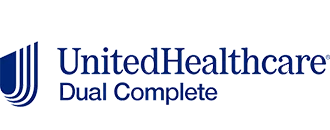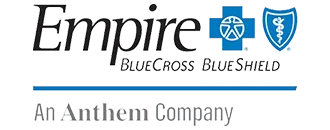NUCLEAR
STRESS TEST
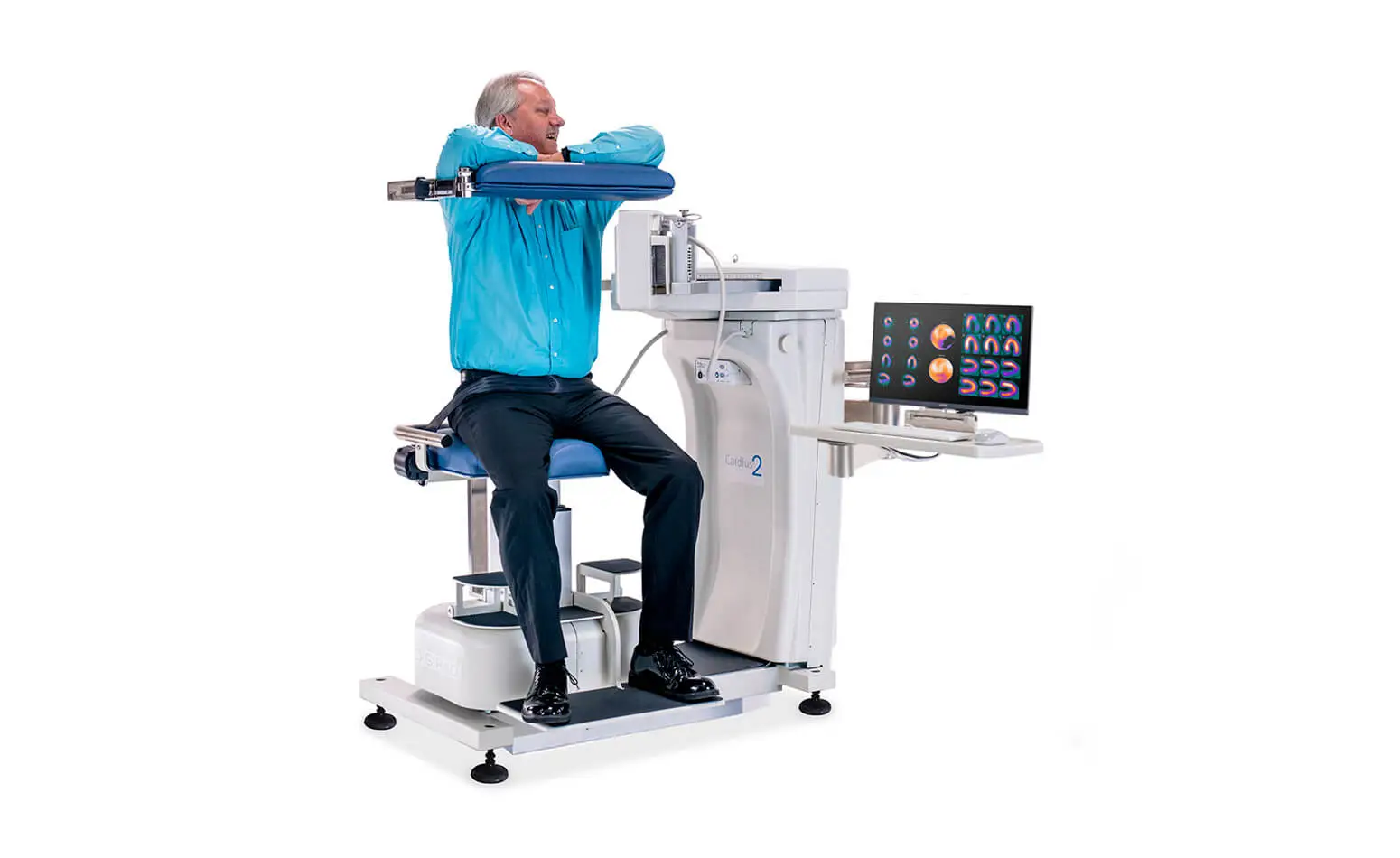

Stress testing is a common test used to diagnose coronary artery disease. It allows to see how the heart works during exercise. Stress tests are also called physical stress tests, exercise tolerance tests, stress tests, stress electrocardiograms, or stress EKG.
A nuclear stress test is one of several types of stress tests. A radiotracer used during a nuclear stress test helps your doctor determine your risk of a heart attack or other cardiac event if you have coronary artery disease. A nuclear stress test may be done after a regular exercise stress test to learn more about your heart, or it may be the first stress test used.
The test is done with a positron emission technology (PET) scanner or a single-photon emission computed tomography (SPECT) scanner. A nuclear stress test may also be called a myocardial perfusion imaging (MPI) study, a cardiac PET study, or a cardiac SPECT study.
You may need a nuclear stress test if you have signs or symptoms of heart disease, such as chest pain or shortness of breath. A nuclear stress test can also help guide treatment if you've been diagnosed with heart disease. Your doctor might recommend a nuclear stress test for the following:
The benefits to our nuclear test service include:
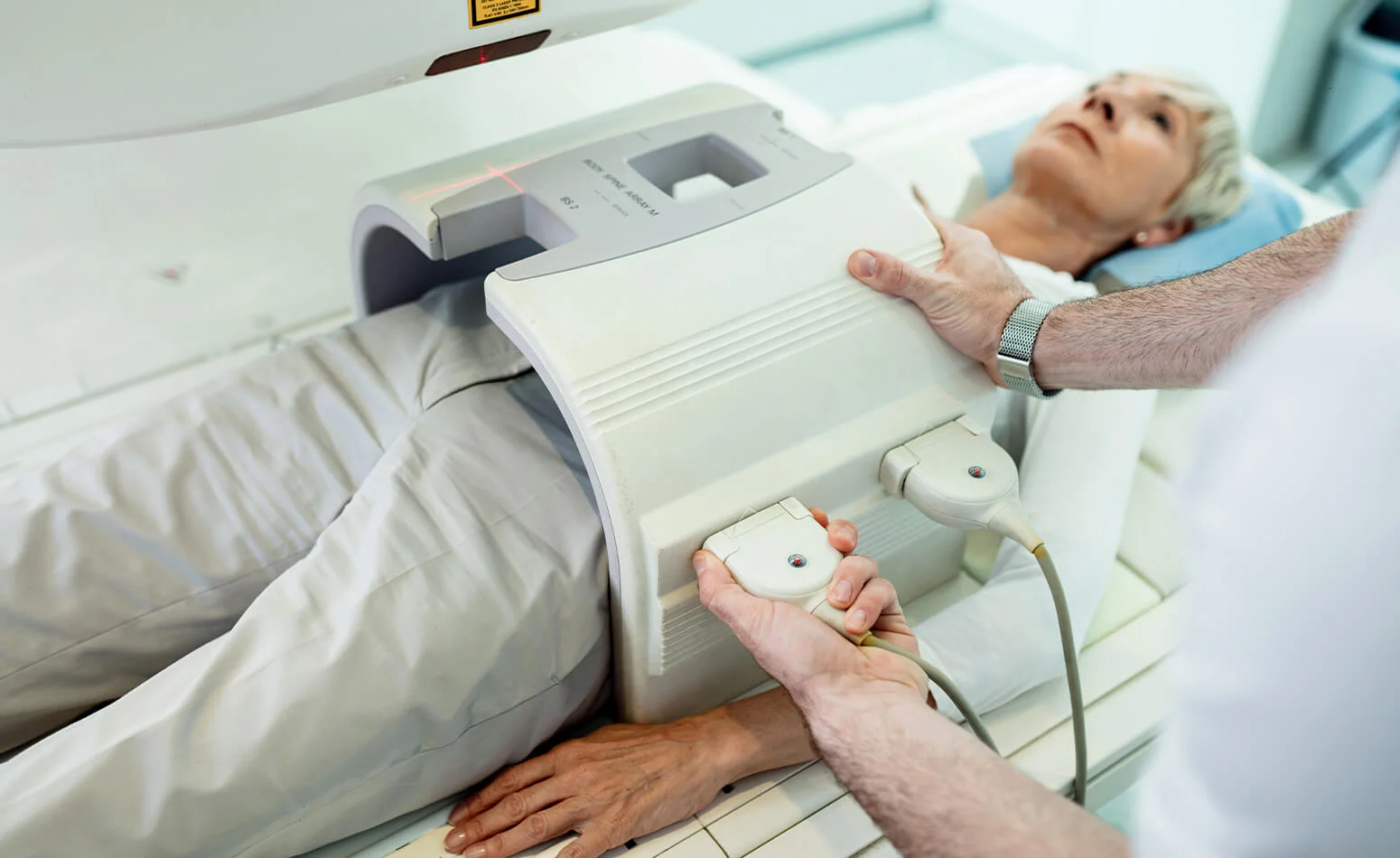
Nuclear tests use radioactive tracers to create images of the heart's blood flow and function. These images can provide detailed information on the heart's function and can detect abnormalities or blockages that may not be visible on other diagnostic tests, such as an angiogram or echocardiogram.
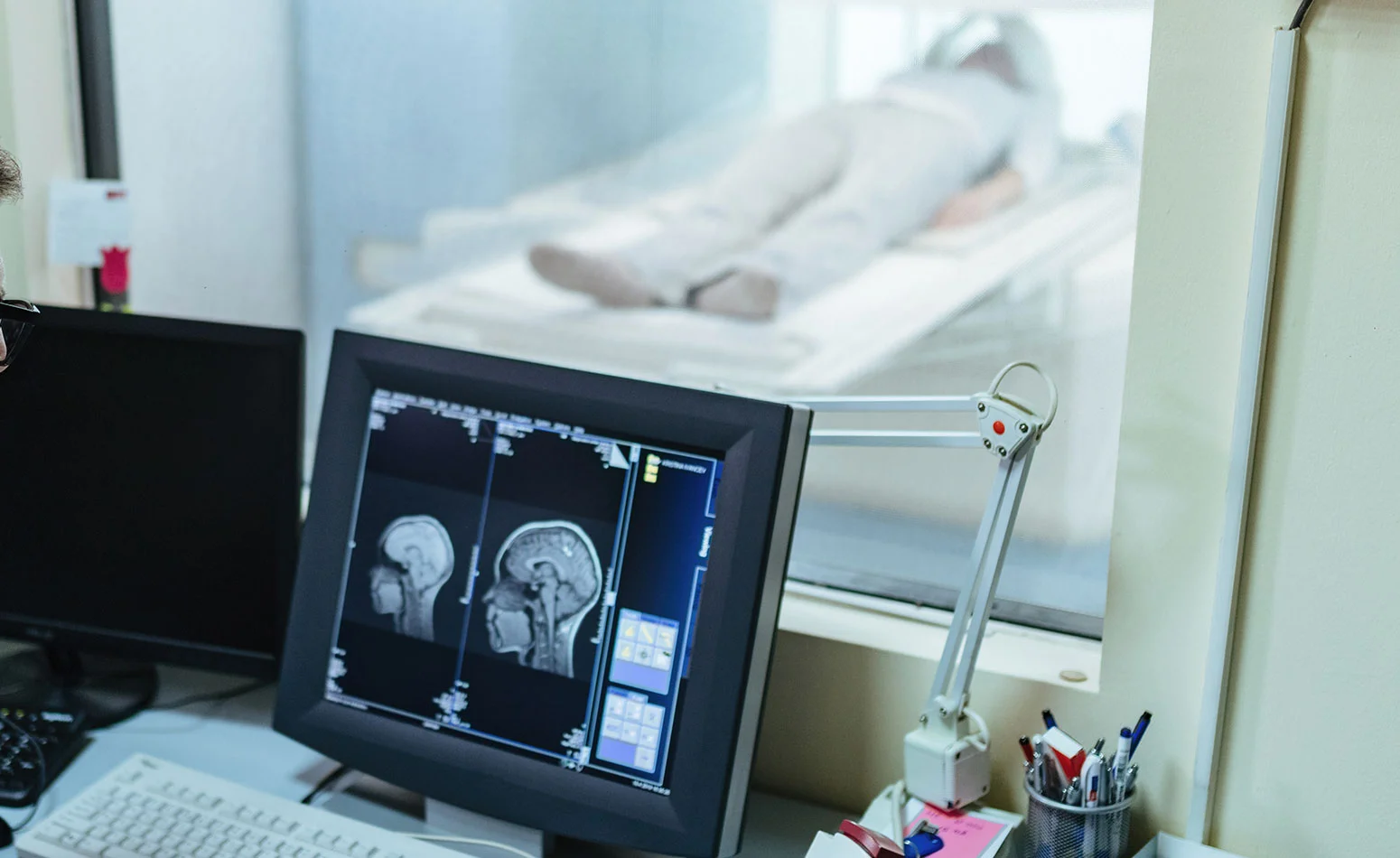
Our nuclear tests can detect cardiovascular disease at an early stage, allowing for timely intervention and treatment. This can improve patient outcomes and reduce the risk of complications.
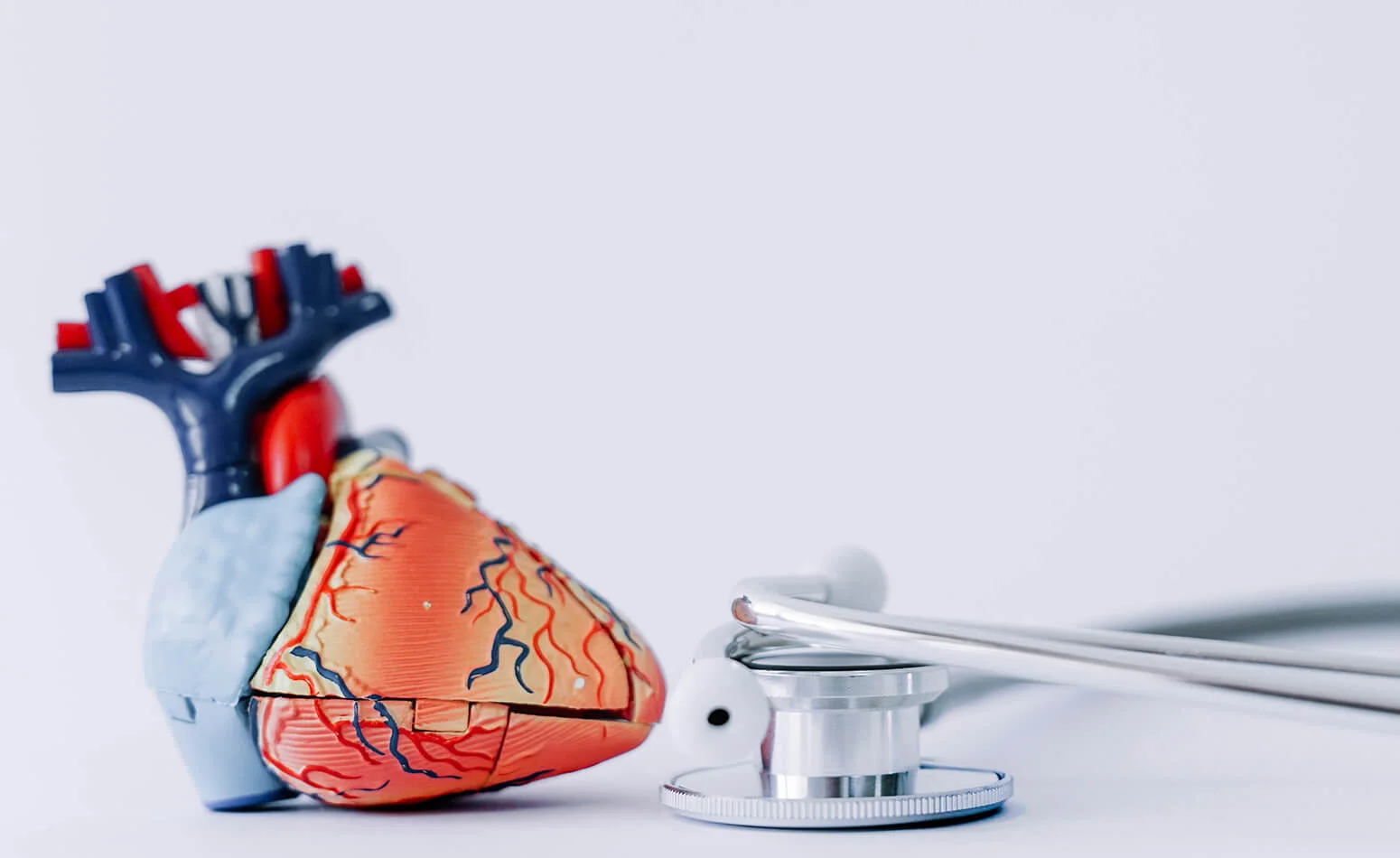
Our nuclear tests can provide a comprehensive assessment of the heart's function and blood flow, providing valuable information for treatment planning and monitoring.

Nuclear tests are non-invasive and do not involve catheterization or other invasive procedures. They are a safe and painless diagnostic test that can be performed without any special preparation.

Our nuclear tests can be used to diagnose a wide range of cardiovascular conditions, including coronary artery disease, heart valve disorders, and congestive heart failure.

Our tests are safe and use only a small amount of radioactive tracer. The tracer is eliminated from the body within a few hours, minimizing the patient's exposure to radiation.
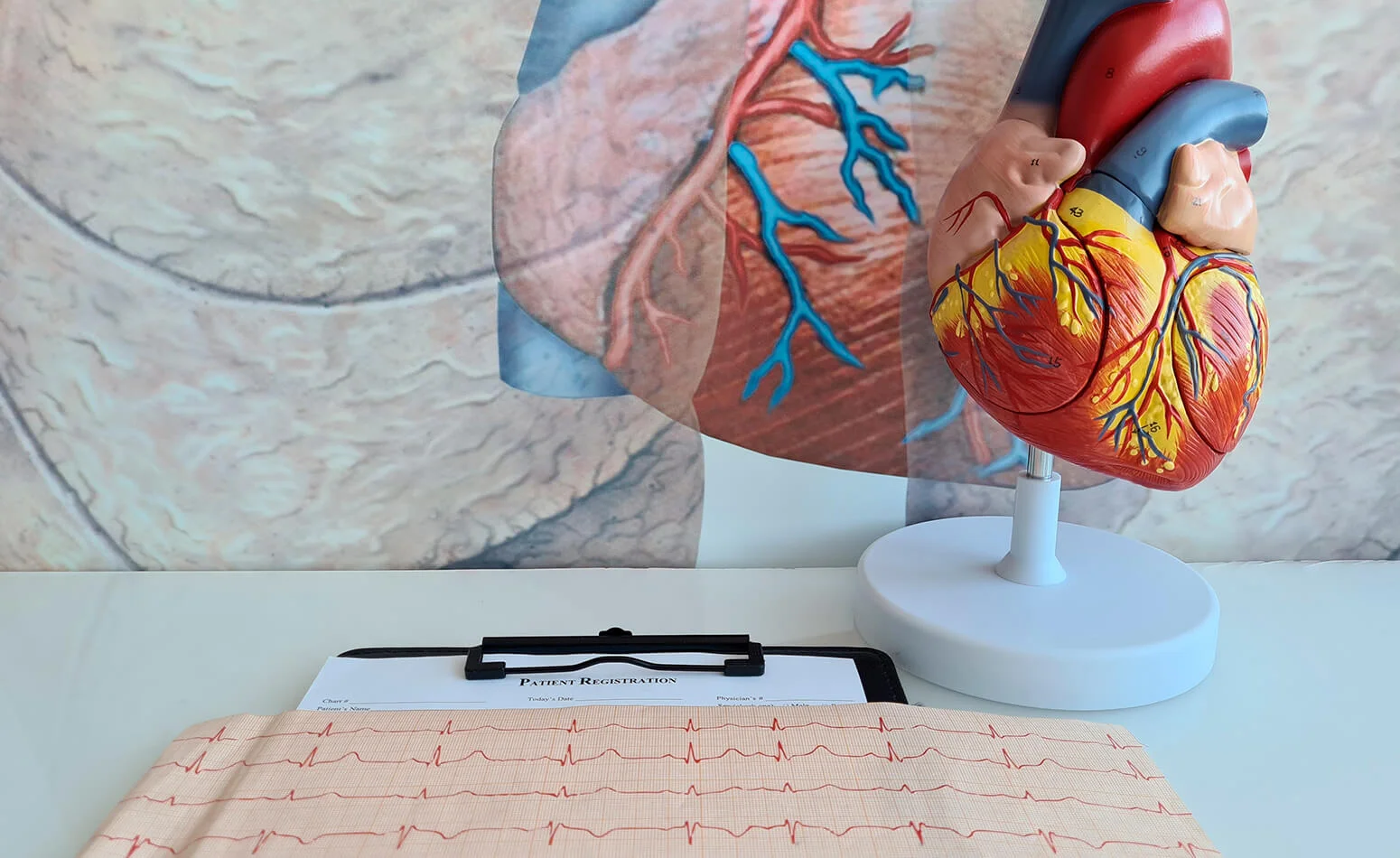
Our services are a comfortable and stress-free experience for patients, making it an ideal diagnostic test for patients with anxiety or other medical conditions that may make other diagnostic tests more difficult or uncomfortable.










